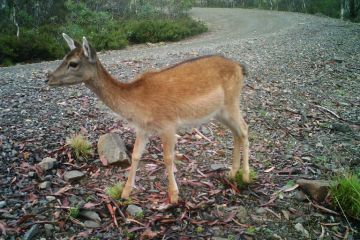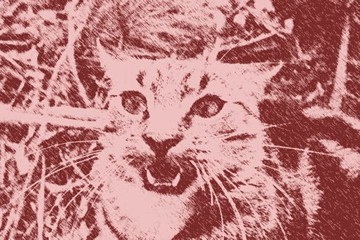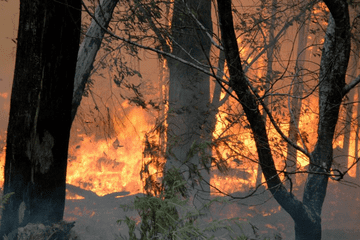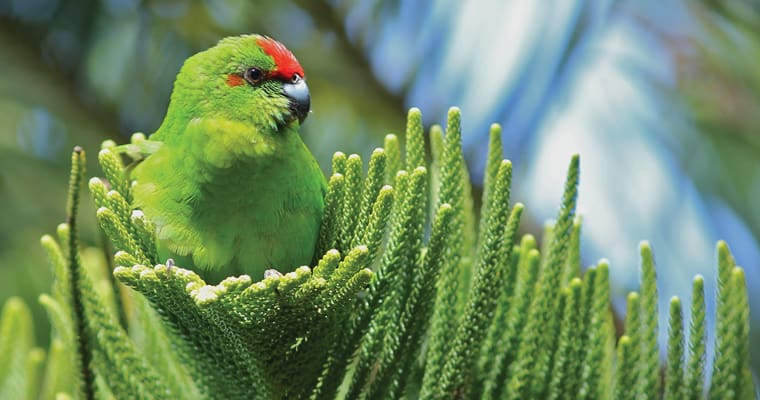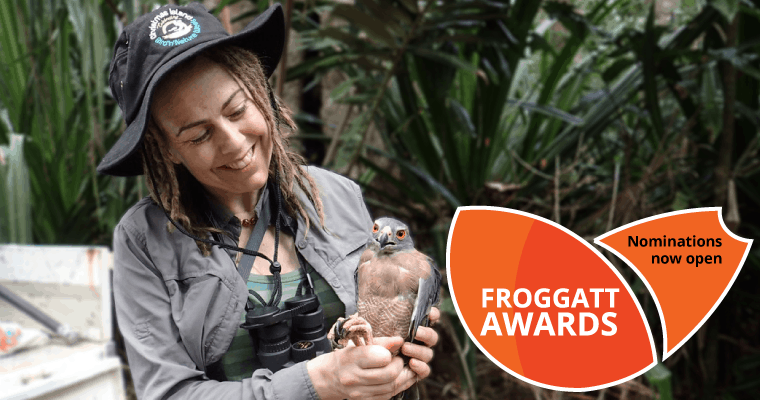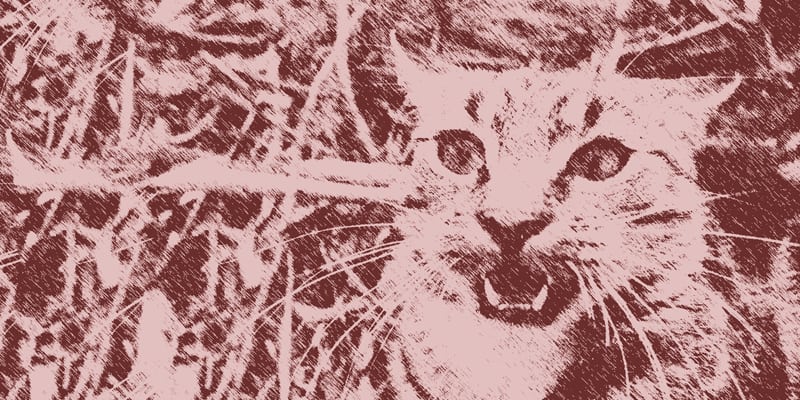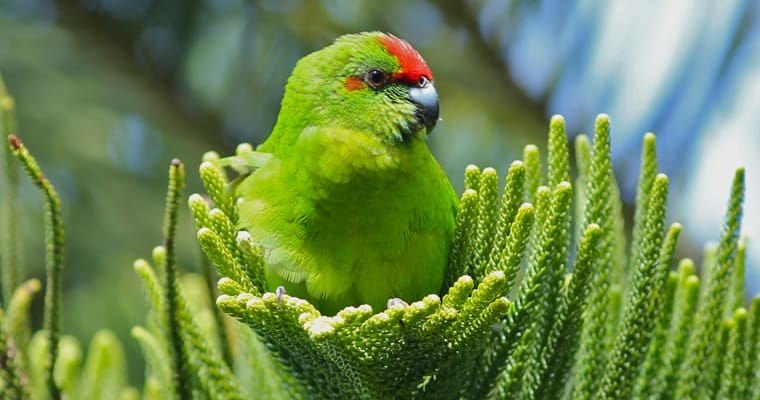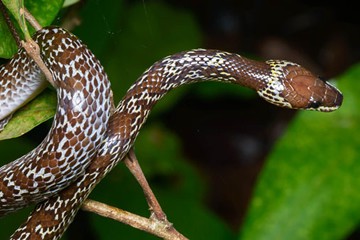
Call to amend outdated law undermining Kangaroo Island feral cat eradication efforts
The Invasive Species Council is warning that an ambitious program to eradicate feral cats from the Dudley Peninsula on Kangaroo Island is being undermined by an outdated law which stops feral cats being killed within 1km of a residential dwelling.







